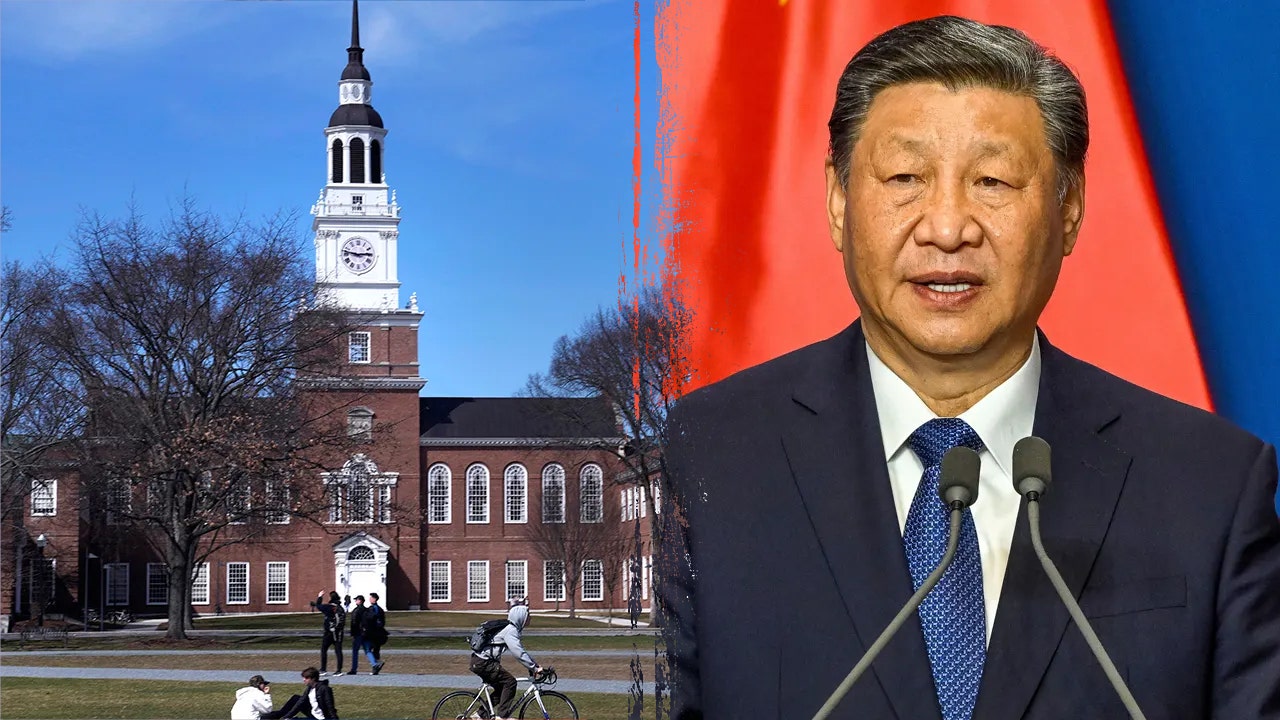US Lawmakers Urge Universities to Cut Ties with Controversial Chinese Scholarship Program
House Republicans are pressing US universities to end connections with a Chinese scholarship program, citing concerns over national security and technology theft.
Subscribe to unlock this story
We really don't like cutting you off, but you've reached your monthly limit. At just $5/month, subscriptions are how we keep this project going. Start your free 7-day trial today!
Get StartedHave an account? Sign in
Overview
- House Republicans are urging seven U.S. universities to sever ties with a Chinese scholarship program that mandates students return to China for two years post-graduation.
- The program is described by GOP lawmakers as a 'nefarious mechanism' for the Chinese government to acquire technology and information from American institutions.
- The scholarship program sponsors hundreds of Chinese graduate students annually at U.S. universities, raising concerns about infiltration and espionage.
- Lawmakers are demanding records from the seven universities involved in the program to assess potential risks associated with these connections.
- While many universities acknowledge the need for enhanced research security, they aim to avoid unfairly targeting Chinese scholars in their actions.
Report issue

Read both sides in 5 minutes each day
Analysis
Center-leaning sources frame the issue as a contentious debate over national security, emphasizing lawmakers' concerns about foreign influence in academia. They highlight the tension between safeguarding research integrity and fostering international collaboration, reflecting a cautious approach to Chinese scholars while acknowledging the need for improved security measures.
Articles (3)
Center (2)
FAQ
The main national security concerns are that the scholarship program requires students to return to China for two years after graduation, which lawmakers believe facilitates the transfer of technology and sensitive information from U.S. universities to the Chinese government, potentially enabling espionage and intellectual property theft.
Seven U.S. universities have been specifically urged by House Republicans to sever ties with the Chinese scholarship program, though the exact names of these universities were not disclosed publicly in the article.
Universities acknowledge the importance of enhancing research security to protect sensitive information, but they are also cautious to avoid actions that unfairly target Chinese scholars or international students who contribute positively to academic communities.
The program requires that students sponsored by the scholarship return to China for two years following their graduation from U.S. institutions, which is viewed by some U.S. lawmakers as a mechanism for technology transfer and information gathering.
Lawmakers are demanding detailed records from the seven universities involved to evaluate the risks of infiltration and technology theft related to their participation in the Chinese scholarship program.
History
- This story does not have any previous versions.

